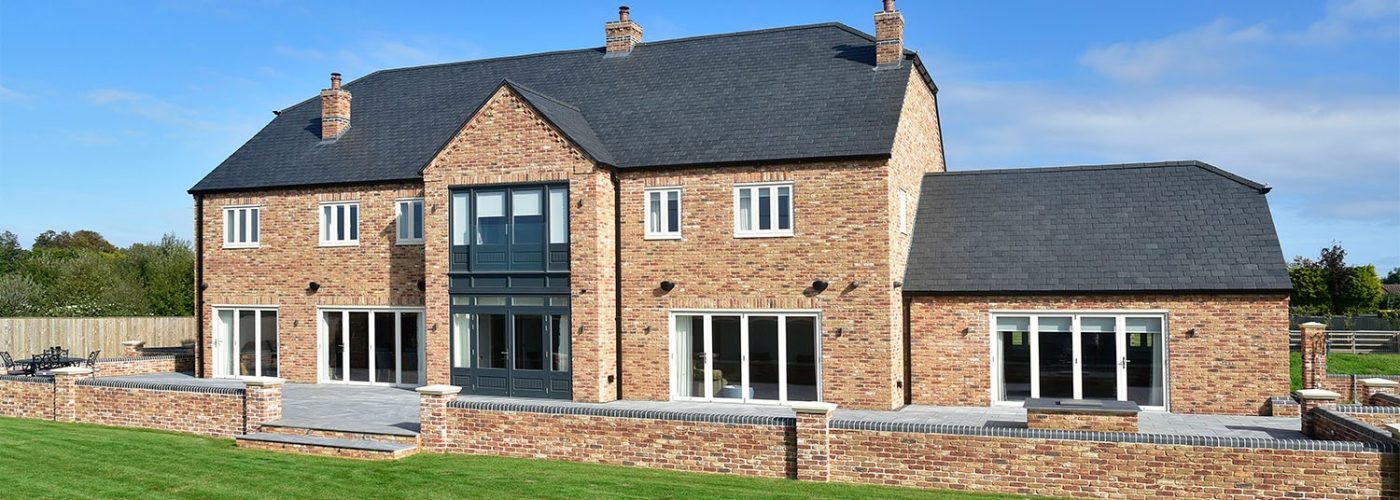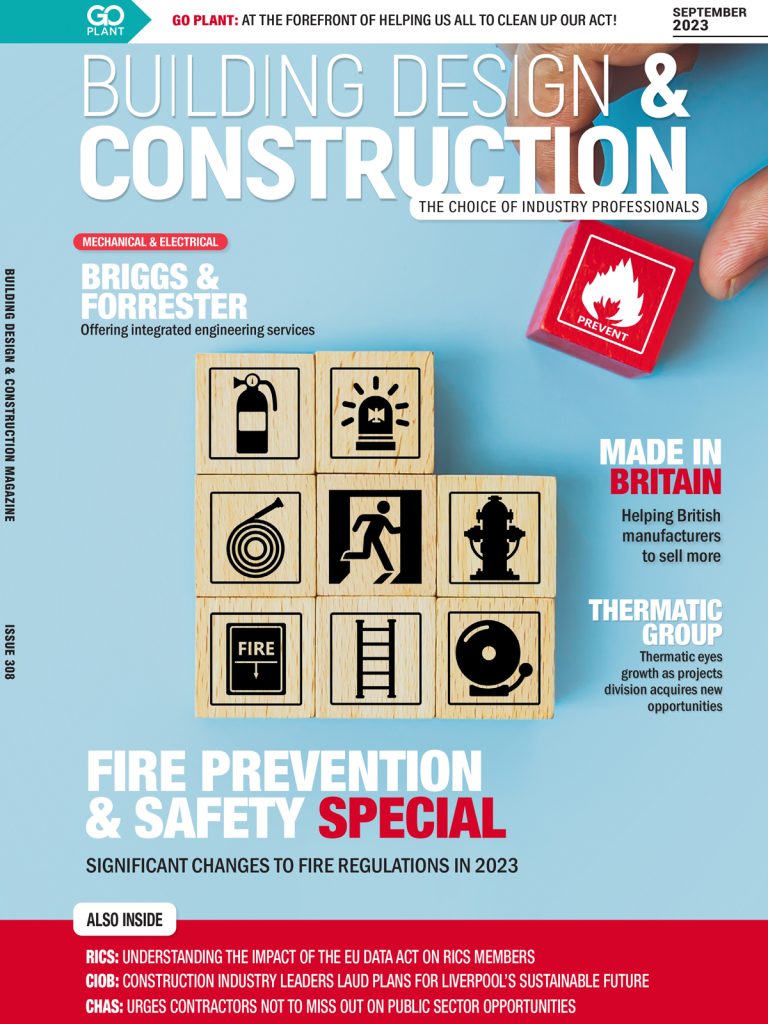Building your own home or second property can be a thrilling and rewarding experience. It allows you to bring your dream house to life, tailored to your preferences and lifestyle. However, the journey can be complex and challenging for new self-builders. To help you embark on this adventure confidently, Dale Joinery, a timber window and door specialist, has compiled a list of the top ten mistakes you can easily avoid with your next build.
Inadequate Planning and Budgeting.
Failing to plan is planning to fail. Before breaking ground:
- Invest ample time in thorough research and planning.
- Create a detailed budget, including construction costs, permits, and unexpected contingencies.
- Consult with professionals, such as architects, contractors, and financial advisors, to ensure your financial plan is realistic and comprehensive.
Here are a few other main things to be mindful of.
Water & Electricity Services: It’s important to determine the availability and cost of connecting essential services like water, electricity, broadband and sewage. If the plot of land you want to purchase doesn’t connect these services, you must acquire connection quotes.
Planning Permission: Only purchase a plot of land with planning permission in place. We recommend contacting the local planning department to determine if the plot you’re seeking to purchase already has planning permission.
Technical Surveys: Technical surveys, such as soil surveys, are paramount before building your property. You need to know the quality and type of ground you’re dealing with to determine the foundations you need for the property. Different types of foundations vary in cost, so we recommend getting a good picture early in the planning stages.
Ignoring Local Building Regulations.
Each region has its own set of building regulations, permits, and zoning restrictions. Neglecting to comply with these can lead to expensive fines, delays, or even demolition of your project. Engage with local authorities to understand and adhere to your construction’s specific rules.
Skimping on Professional Services.
While cutting costs by handling everything yourself may be tempting, relying on experts is crucial for a successful build. Engaging qualified professionals such as architects, engineers, and contractors ensures the project is carried out safely, efficiently, and up to code. In the planning stage, changing a drawing is far less costly than changing something that is already built!
Overlooking Energy Efficiency.
In today’s eco-conscious world, overlooking energy-efficient practices is not just a missed opportunity but could see you fail to reach your targeted SAP calculations for building control alongside the future gains to be had with the cost of running your future home.
Invest in energy-efficient insulation, windows, lighting, and appliances to reduce long-term operational costs and leave a smaller environmental footprint.
Poor Site Selection.
The location of your build significantly impacts your lifestyle and property value. Consider factors like proximity to amenities, accessibility, sunlight exposure, and drainage when choosing your building site.
Rushing the Design Phase.
The design phase is where you shape the entire project. Avoid rushing it. Review your ideas, consult experts, and ensure the design meets your needs and preferences. Modifications become increasingly expensive once construction starts, so get it right beforehand.
Not Future-Proofing Your Home.
Think beyond your current needs and plan for the future. Your family may grow, and your lifestyle needs might change over time. Incorporate flexibility into the design to accommodate potential modifications or expansions down the line. Things like locations of light switches, door swings, furniture and frequently used areas need to be considered.
Ignoring Quality of Materials
Using low-quality materials to save costs may lead to costly repairs and maintenance in the future. Invest in durable, long-lasting materials, and strike a balance between quality and affordability. If you buy cheap, you buy it twice.
Underestimating Construction Time
Construction delays are common, and underestimating the time required can lead to disappointment and additional expenses. Be realistic with your timeline and set aside a buffer for unforeseen events.
Refurbishments will always take far longer than originally anticipated due to unforeseen issues that wouldn’t have been possible to consider at the design phase. An experienced team of professionals will be crucial in overcoming site issues and moving the project forwards.
Neglecting Proper Communication
Open and clear communication is vital throughout the build. Maintain regular contact with all involved parties, including contractors, suppliers, and professionals, to stay updated on progress and address any concerns promptly.
Key Takeaways
- Avoid overspending in the wrong areas.
- You’re bound to have curveballs, and some are unavoidable. Planning at least 10-15% contingency within your budget would be best so you’re covered.
- Ensure you stay connected and communicate with your builder, contractor and everyone included in the build. It’s also worth considering a joint contract (JCT) with your main contractor and architect to ensure clarity for all parties throughout the build.
- Invest in self-build insurance. This protects you and the home you’re building during construction work.
In conclusion, building your own home or second property can be a transformative experience if approached with foresight and care. Avoiding these common mistakes will not only save you time and money but also ensure a smoother and more enjoyable journey toward your dream home.
We can’t emphasise enough that once a plan has been made and finalised, it’s important to stick to it. Delays and overspends are usually a result of changes to the design or material schedule once the build has commenced. Take your time when it comes to planning and making decisions.
By planning meticulously, seeking expert advice, and committing to quality, you can make your self-building project a resounding success. Furthermore, if you look to sell your new build home in the future, be sure to follow this guide on getting the best value for your home.
Happy building!







